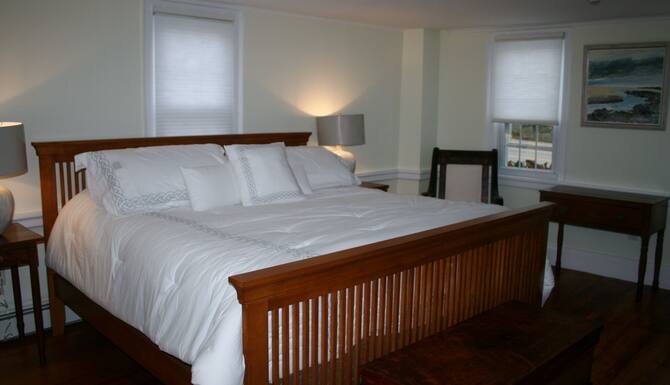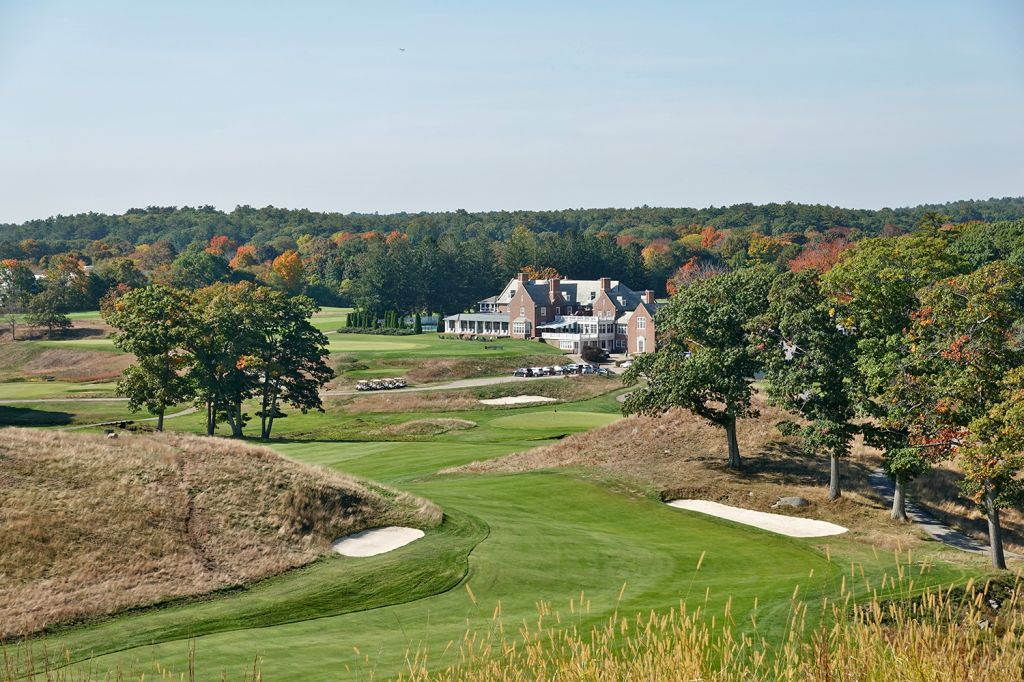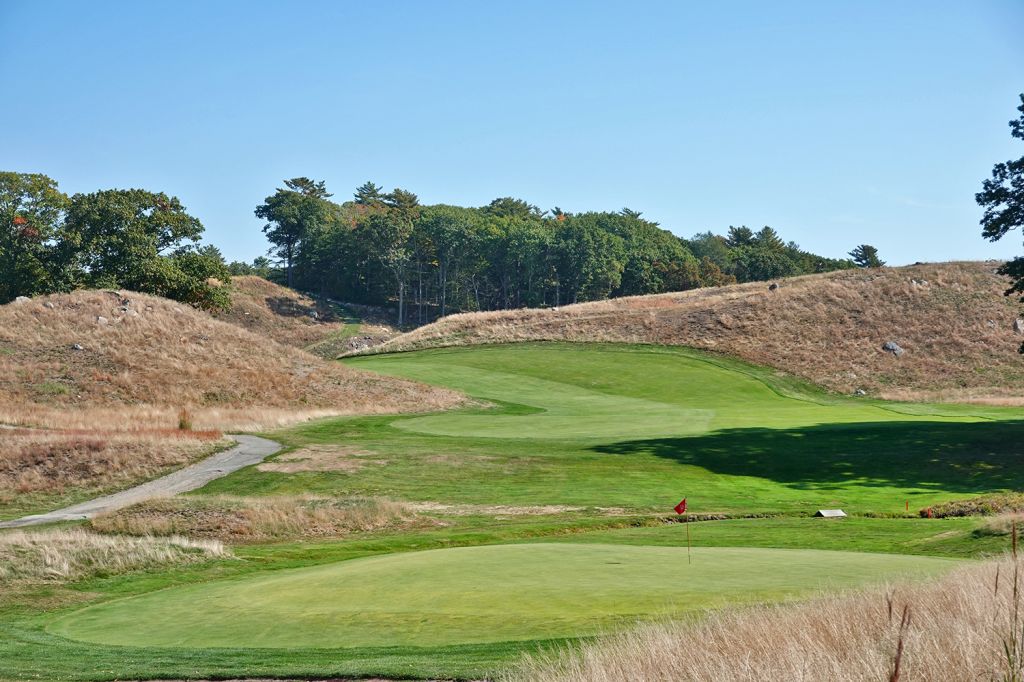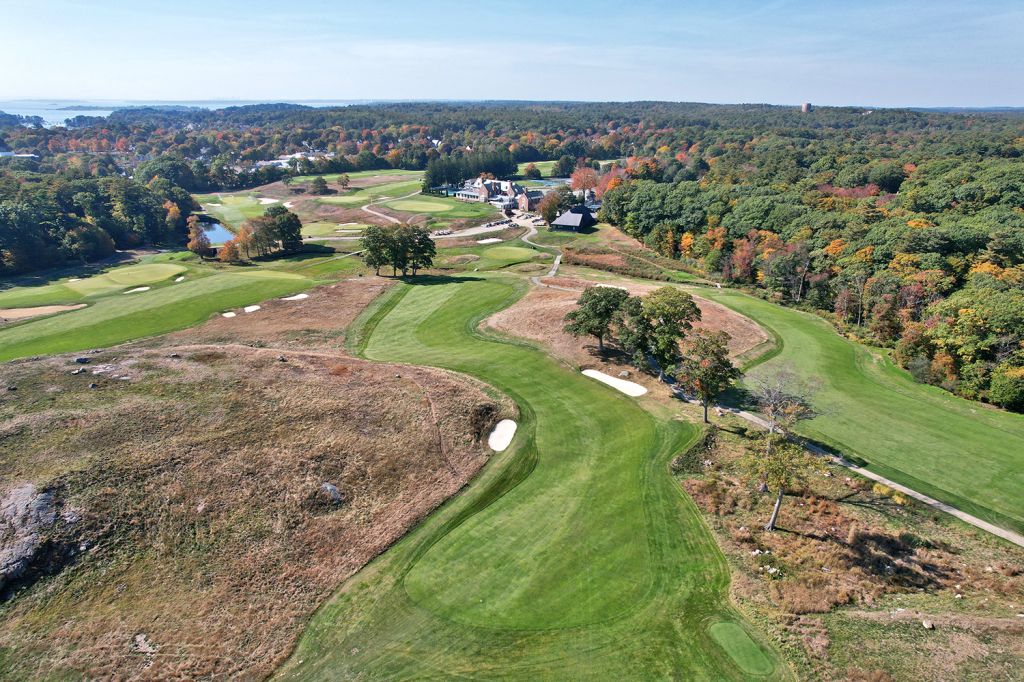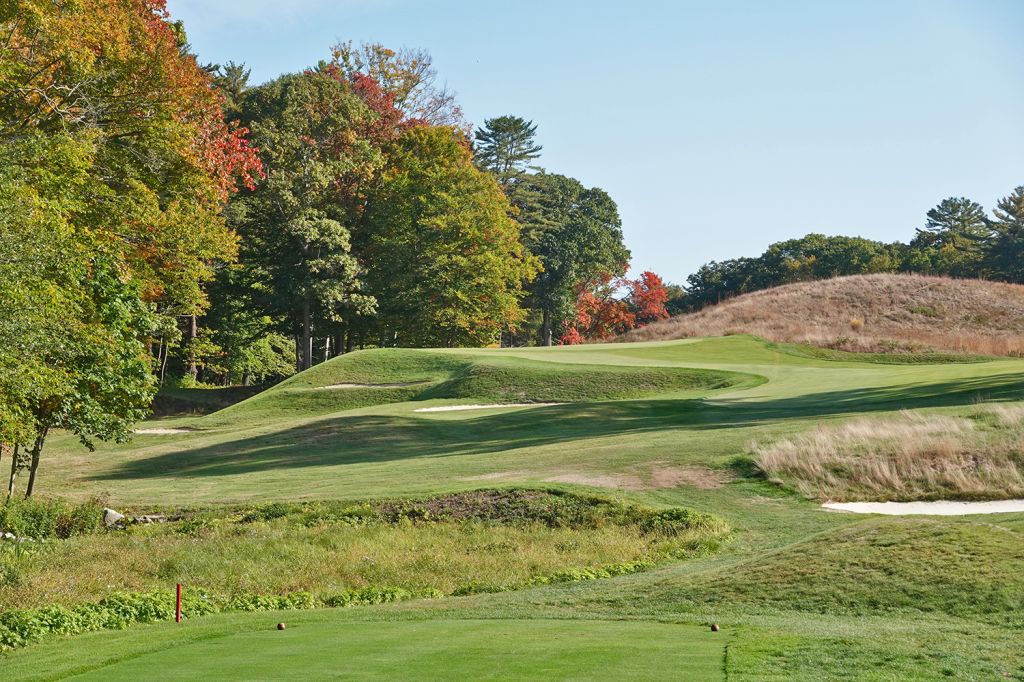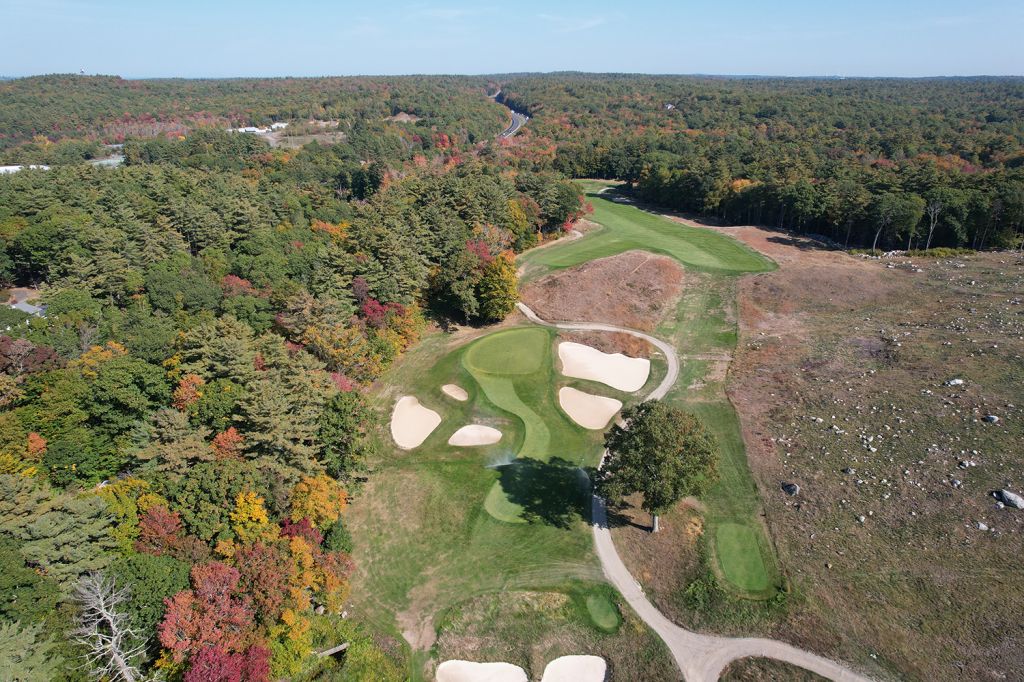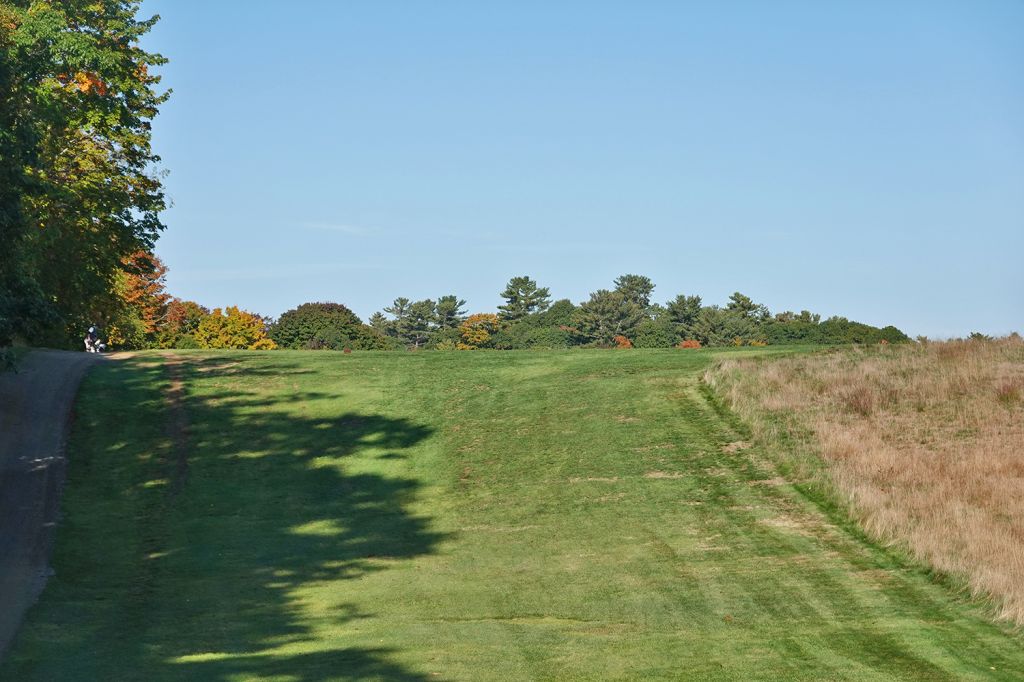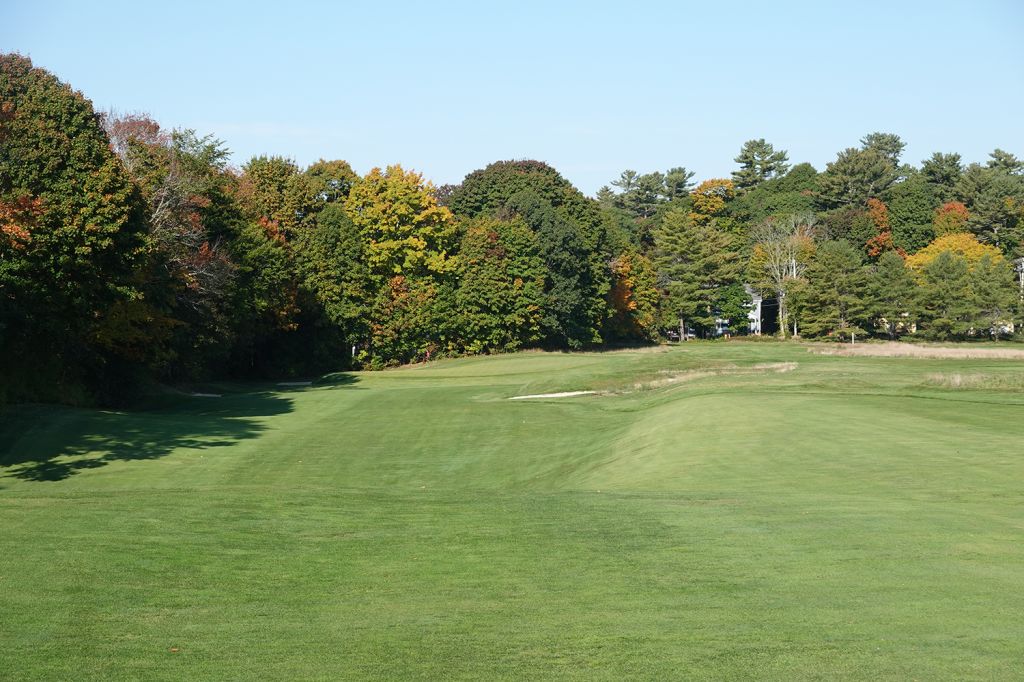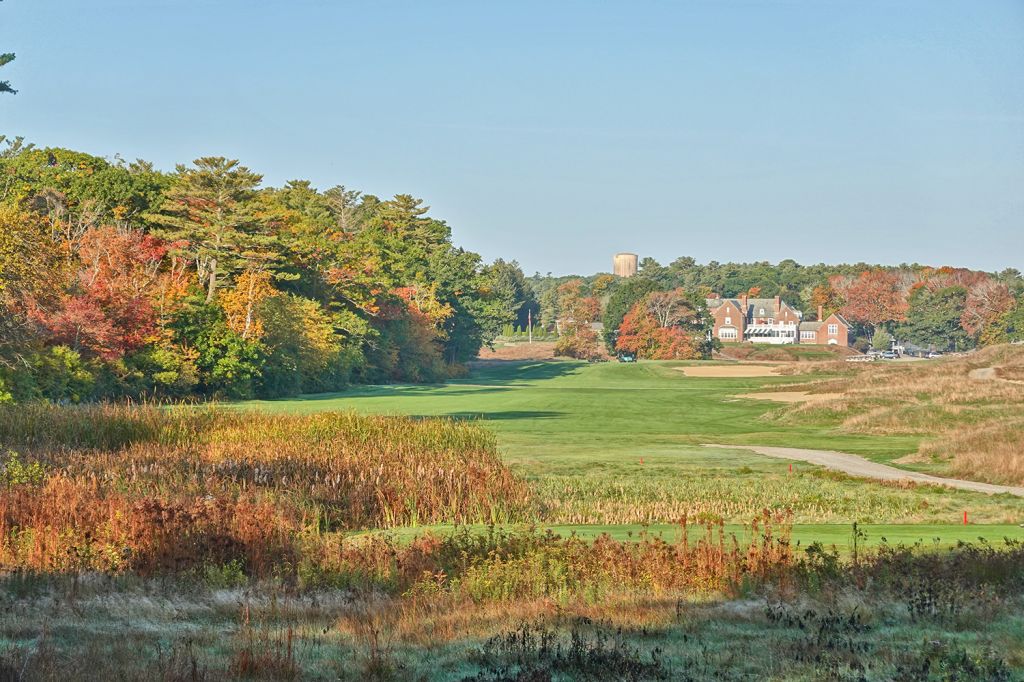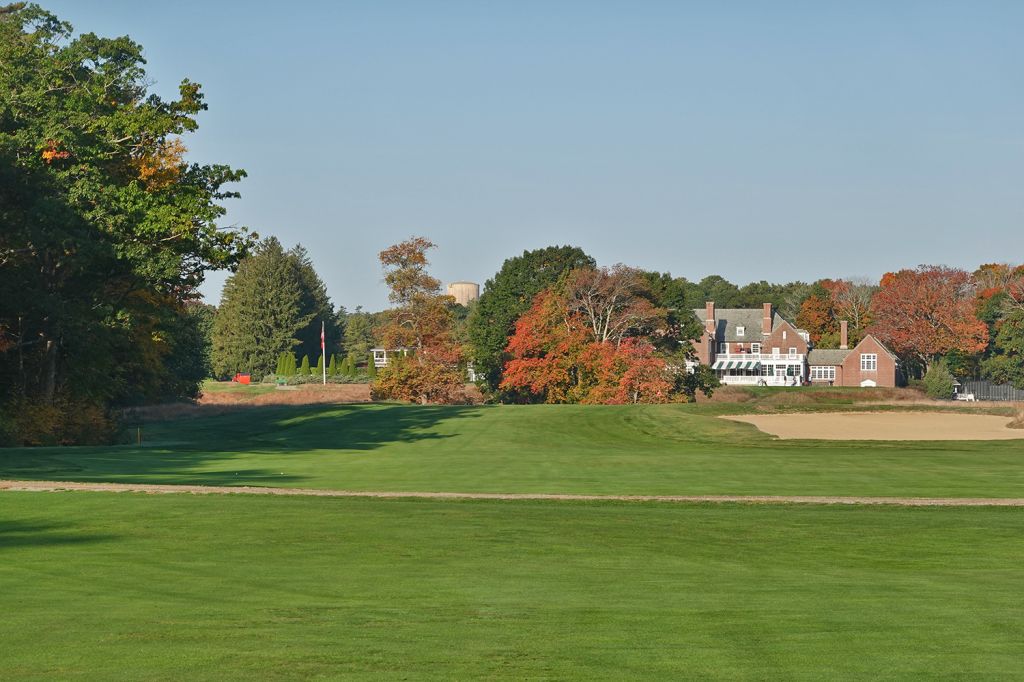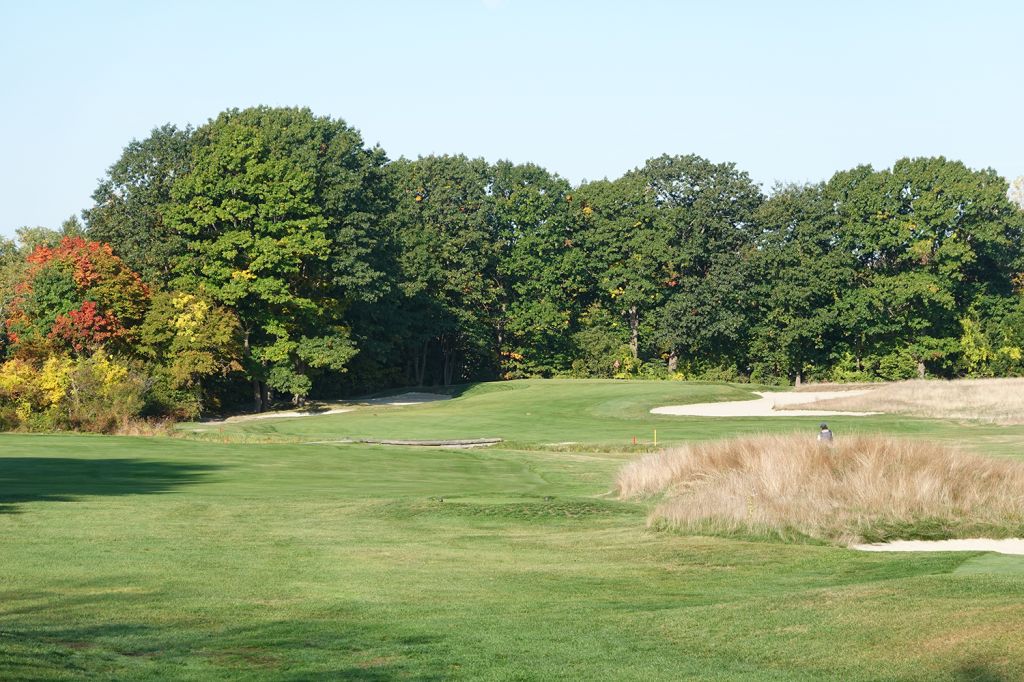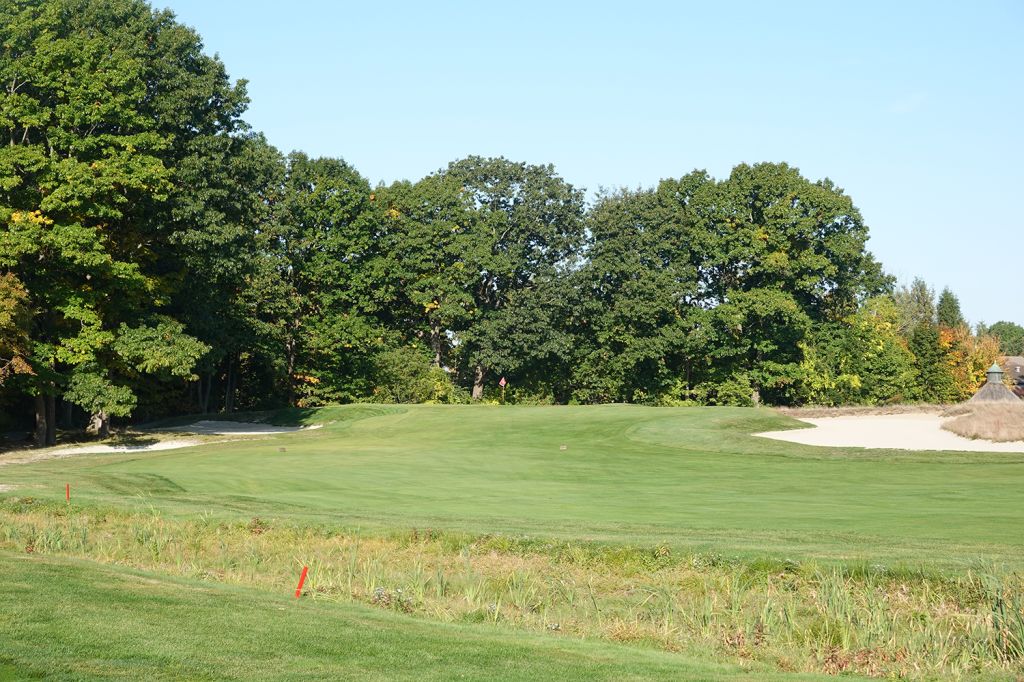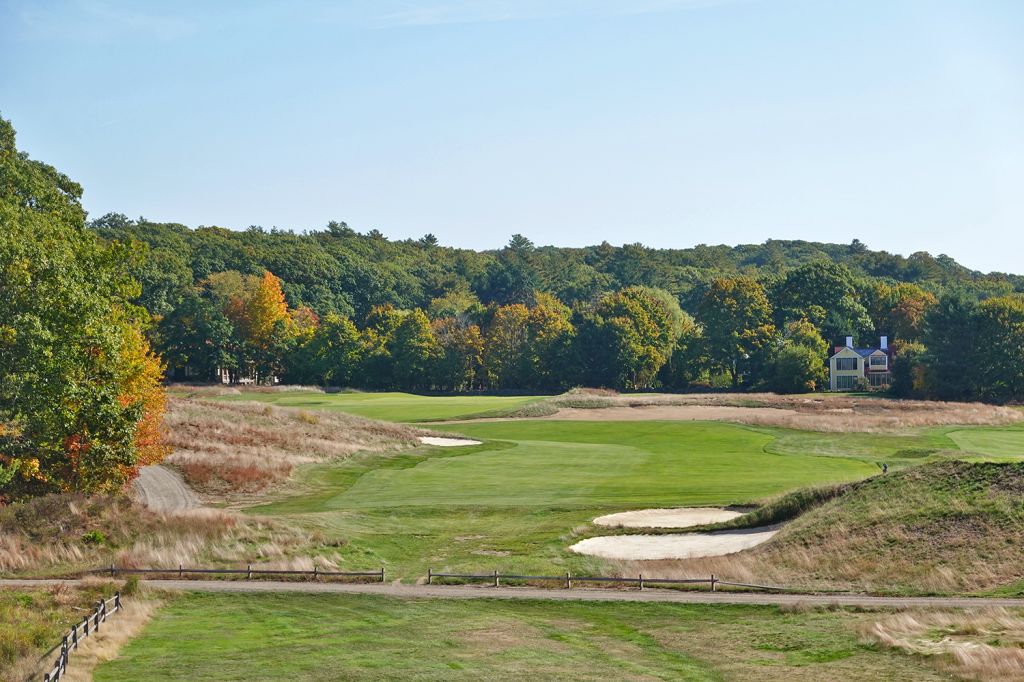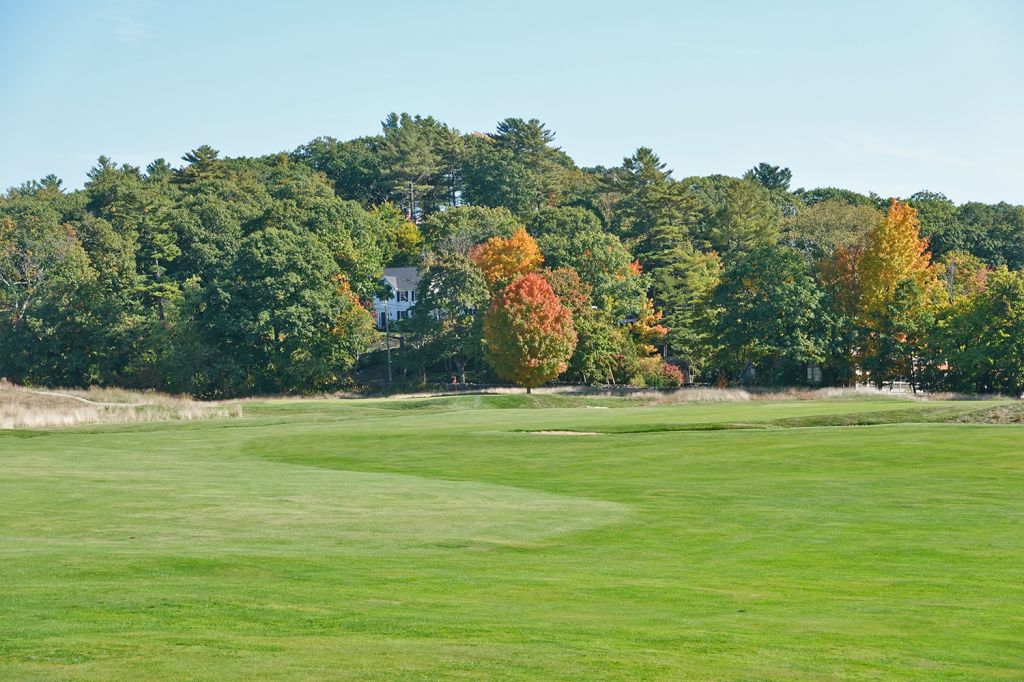 Golf Course Review by: Billy Satterfield
Golf Course Review by: Billy Satterfield
Rankings:
The Takeaway: An old school club with yesteryear architecture, Essex is a throw back in time in every aspect and feature. While the front nine features a couple of great holes, the back nine is what makes Essex elite in the Northeast. Grade A-
Quick Facts
Designer: Donald Ross 1917 (original nine 1893)
Cost: Private
Phone Number: 978-526-7311
Course Website: Official Website - Visit Essex County Club's official website by clicking on the link provided.
Directions: Get here! - 153 School St, Manchester-by-the-Sea, Massachusetts 01944 – UNITED STATES
Photos: See additional photos of Essex County Club
What to Expect: Essex County Club is one of the oldest courses in the country and one that preserves much of its history with an old school clubhouse, locker room, and course design. If lucky enough to get an invitation to play, even the green fee is paid by check which could be a problem for millennials that have never written one. As you might expect, players enjoy the course on foot with a caddie carrying their clubs while imparting years of wisdom of the history and design features of Essex. Some of that more recent history includes the removal of trees that has opened up views across the course and has exposed natural rock formations that deliver aesthetics and character that was previously hidden. Ultimately though, ECC is the tale of two nines with the front being relatively tame other than the fantastic 8th hole. What makes Essex special is the back nine that features some all-world holes highlighted by the opener and closer that wrap around opposite sides of a large rock hill to create a dramatic start and finish to the inward nine. The routing is beautifully crafted to take advantage of the natural terrain and provide a pleasant walk while also ensuring the holes run in a variety of different directions to provide the kind of variety that delivers lasting appeal to enjoy in a variety of wind or weather conditions. Uniquely, the course plays to a par 70 by offering two par fives on the front and none on the back. Turf conditions vary based on the amount of rain Mother Nature and how it is managed in the fairways, but the greens are always maintained at a quality level. In the end, Massachusetts is loaded with top tier courses and Essex is among them. If the front nine were as good as the back nine, it would make an argument as perhaps the best in the Bay State, but as-is, it is edged out by other offerings while still squeezing into the Top 100 in America.
By the Numbers
| Tees | Par | Yardage | Rating | Slope |
|---|---|---|---|---|
| Blue | 70 | 6555 | 73.0 | 135 |
| Gold | 70 | 6195 | 71.0 | 132 |
| White | 70 | 5996 | 69.9 | 131 |
| Red (Ladies) | 73 | 5504 | 73.1 | 133 |
Individual Hole Analysis
Signature Hole: 18th Hole – 417 Yard Par 4 – One of the best finishing holes in Massachusetts and the conclusion to a spectacular back nine, the 18th at Essex is one you won't soon forget. The tee shot plays 75 feet downhill to a fairway that slithers between two hills and creates a challenging decision on what line to commit to. The most logical line is over the hill on the left where the landing zone is blind while the longest hitters may try to sneak by the left edge of the hill on the right. The approach shot will generally play from a bit of an uneven lie to a green that is fronted by Sawmill Brook with the water coming into play closer on the right side than the left, but bailing out to the left brings some cabbage into play. The circular green is just 25 yards in diameter which leaves less than 4500 sq.ft. to hit, so if your iron game isn't on you will be scrambling to save par at the end. When walking off the green, players can't help but look back towards the tee and put a smile on their face after enjoying such a memorable finish.
Best Par 3: 11th Hole – 178 Yards – In the discussion among the best one-shotters that Donald Ross ever designed, the 11th is virtually a perfect design for an uphill par three. Five bunkers of various sizes guard the green with three smaller ones short left and two large ones on the right, but the greensite is where the brilliance starts to kick in. The right side of the putting surface features a high bank that will kick balls to the left while that left side features a steep falloff that sends balls to the neighboring forest. The bank on the right allows players that may struggle to loft the ball to utilize the slope to chase a ball up onto the putting surface and still get a shot close. There are no safe places to miss, but some fun ways to succeed. Getting an uphill par three done right is not easy, and this one is flat out fantastic.
Best Par 4: 8th Hole – 422 Yards – While the back nine is clearly the superior side at Essex, this two-shotter embraces what makes the course memorable with a blind tee shot that plays well uphill with the trees in the distance being the only aiming mark to work off of. If you are playing with someone who has local knowledge they'll tell you to keep it up the left side that borders out of bounds for the best angle to the green while tee shots to the right will find a raised fairway with a pair of bunkers that come into play on the approach shot. The greensite is also raised and is quick to kick ball the sand left of the green or a tightly mowed chipping area on the right; neither of which is any gimmie to save par from. With several unique design features to enjoy, the 8th is simply a fantastic offering.
Best Par 5: 3rd Hole – 623 Yards – With only two par fives to pick from, each of which are on the front nine, Essex is limited in its three-shotters, but the 3rd takes the place as the best. Playing just a handful of feet longer than when this hole played as the 12th in the original design, this par five was insanely long when the course debuted in the late 1800s and is still unreachable in two for most players today. With a forest line running the length of the left side, the only logical place that Ross could put bunkers was up the right, which is where five of the six are found. A 75 yard long bunker rests in the driving zone along the right rough cut and catches tee shots on that line that are traveling 250 - 325 yards. On the second shot players have to consider whether to layup short of the bunker 140 yards short of the green or if they are willing to take their chances landing in the tighter fairway options beyond the trouble. The signature feature of the hole is the green with a large depression simply known as "the tub", which is a bit extreme in its slope but there is no desire of the club to renovate it since it stands as the oldest original green in America dating back to 1893.
Birdie Time: 6th Hole – 335 Yard Par 4 – With the proper wind, the 6th can be driveable which makes it ripe for the picking to card a birdie on. A creek cuts through the fairway but a tee shot that flies 230 yards will carry it so you'll want to be aggressive with your drive. The raised green is framed by bunkers on each side, but just the opportunity to hit a drive greenside with a chance to get up and down for birdie is worth the risk. If you are laying up, staying short of the creek is critical and you'll have a great lie to go flag hunting from.
Bogey Beware: 16th Hole – 453 Yard Par 4 – The lengthy 16th is a reminder that Essex is going to test your game to the bitter end, so you better be up for it. The longest two-shotter on the course calls for a straightaway tee shot at the waste bunker ahead. The fairway then turns left around the sand before banking back to the right where the green is protected by a pair of small bunkers short and right of the putting surface. This is the beginning of a three hole stretch that all play very differently. The 16th plays from an elevated tee but then across pretty flat terrain. The 17th plays well uphill with a blind approach shot and the 18th plays from the highest point on the course to nearly the lowest. If you can conquer this three hole stretch then you'll have a scorecard to be proud of.
Recommended Accommodations
Shea's Inn - Located with convenient access to Essex County Club, Shea's Inn offers classic New England accommodations that are clean, cozy, and full of charm. There are rooms in both the Inn and the Motel with room sizes and features to accommodate a wide variety of needs while offering excellent access to places you'd want to visit in the area. Rates are competitive throughout the year and offer a wonderful retreat for couples, or for a couple of buddies out golfing. Contact: 978-768-6800 or office@sheasriverside.com
